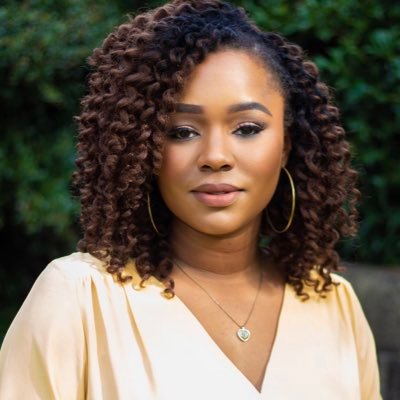
Say goodbye to the traditional lunchroom trays many of us remember from school. Sloppy Joes and chicken nuggets will now have a new home that offers both functionality and environmental benefits for millions of students. The quest to revolutionize school lunches received a major boost this month when the Urban School Food Alliance announced that public school cafeterias across the country plan to roll out compostable meal trays.
The new initiative, several years in the making, is the culmination of a strategic partnership with the country’s largest school districts. Over 2.9 million public school students from New York City, Los Angeles, Chicago, Miami-Dade, Dallas and Orlando will soon be served their meals on trays that skip the landfill and position schools to produce and sell compostable food waste.
Launched in the summer of 2012, the alliance has worked to combine purchasing power and coordinate menu creation and food service across the six school districts to keep costs competitive. Collectively, the alliance procures more than $530 million in food and food supplies annually.
According to the Natural Resources Defense Council (NRDC), the six districts project that the new shift will remove 225 million polystyrene trays from landfills every year. Through collective purchasing power, the school districts managed to source compostable plates, made from pre-consumer recycled newsprint, for less than a penny more than the traditional, low-cost foam trays. Compostable trays, under this partnership, will cost each school district just 4.9 cents per plate -- comparable to that of the current 4 cents per plate cost of traditional foam trays.
“These cities are teaching kids that sustainability and smarter choices can be integrated into every part of your daily life – even your lunch,” said Mark Izeman, senior attorney with the NRDC, one of the nation’s leading environmental and public health organizations and a nonprofit partner of the Urban School Food Alliance. “Shifting from polystyrene trays to compostable plates will allow these cities to dramatically slash waste sent to landfills, reduce plastics pollution in our communities and oceans, and create valuable compost that can be re-used on our farms. We are proud to work with a group of school systems dedicated to driving landmark changes in the health and sustainability of school food.”
With over 50 million students attending public schools in America, models that prove cost effective for tight district budgets have the potential to become widespread adoptions for smaller school systems. This recent move marks a substantial shift for school communities focused on improving the food and health environment within their district, while also promoting environmental awareness and stewardship.
The round-shaped compostable trays will offer several compartments that prevent tilting or hinging, and seek to make the dining experience much more comparable to how students might have their meals served at home. Indirectly, the new trays and subsequent initiatives to increase quality of food, could foster healthier eating habits and a more cohesive dining environment amidst noisy school cafeterias.
In addition to removing traditional foam dining trays, the alliance plans to roll out compostable cutlery during the 2015-2016 school year. The cumbersome “spork” (spoon and fork) utensils will no longer have a place to call home.
Once compostable trays are in place, the alliance plans to tackle healthier food options, including antibiotic-free chicken and pesticide-free produce.
Image credit: Urban School Food Alliance

Sherrell Dorsey is a social impact storyteller, social entrepreneur and advocate for environmental, social and economic equity in underserved communities. Sherrell speaks and writes frequently on the topics of sustainability, technology, and digital inclusion.














